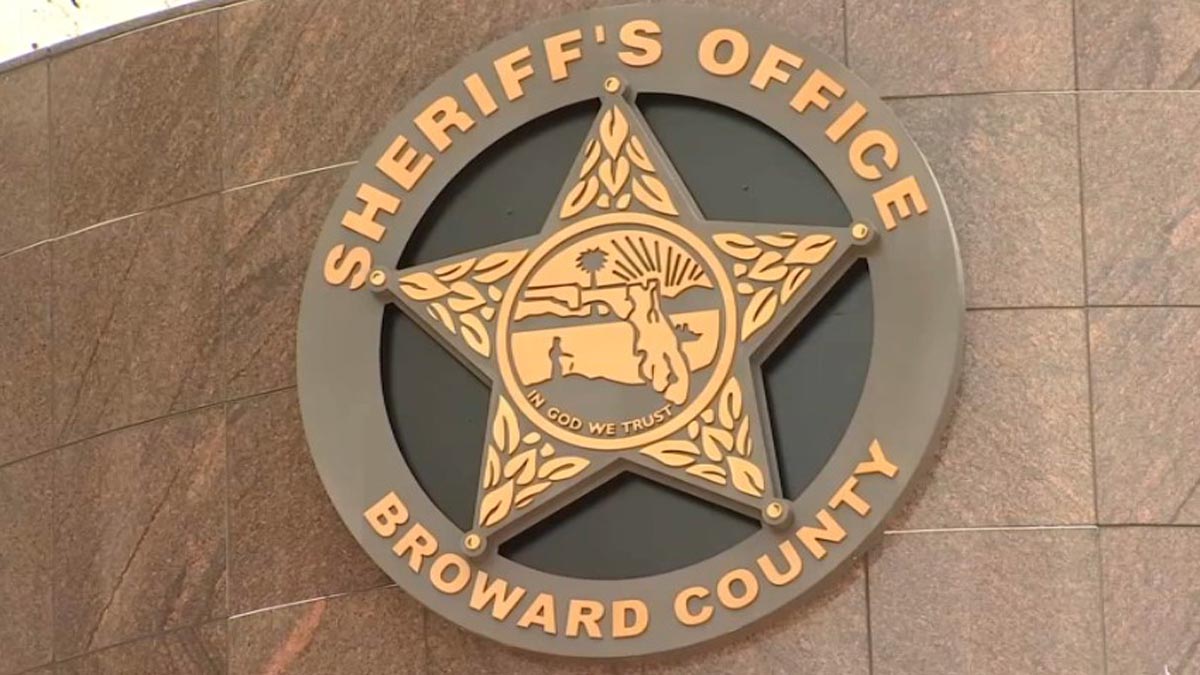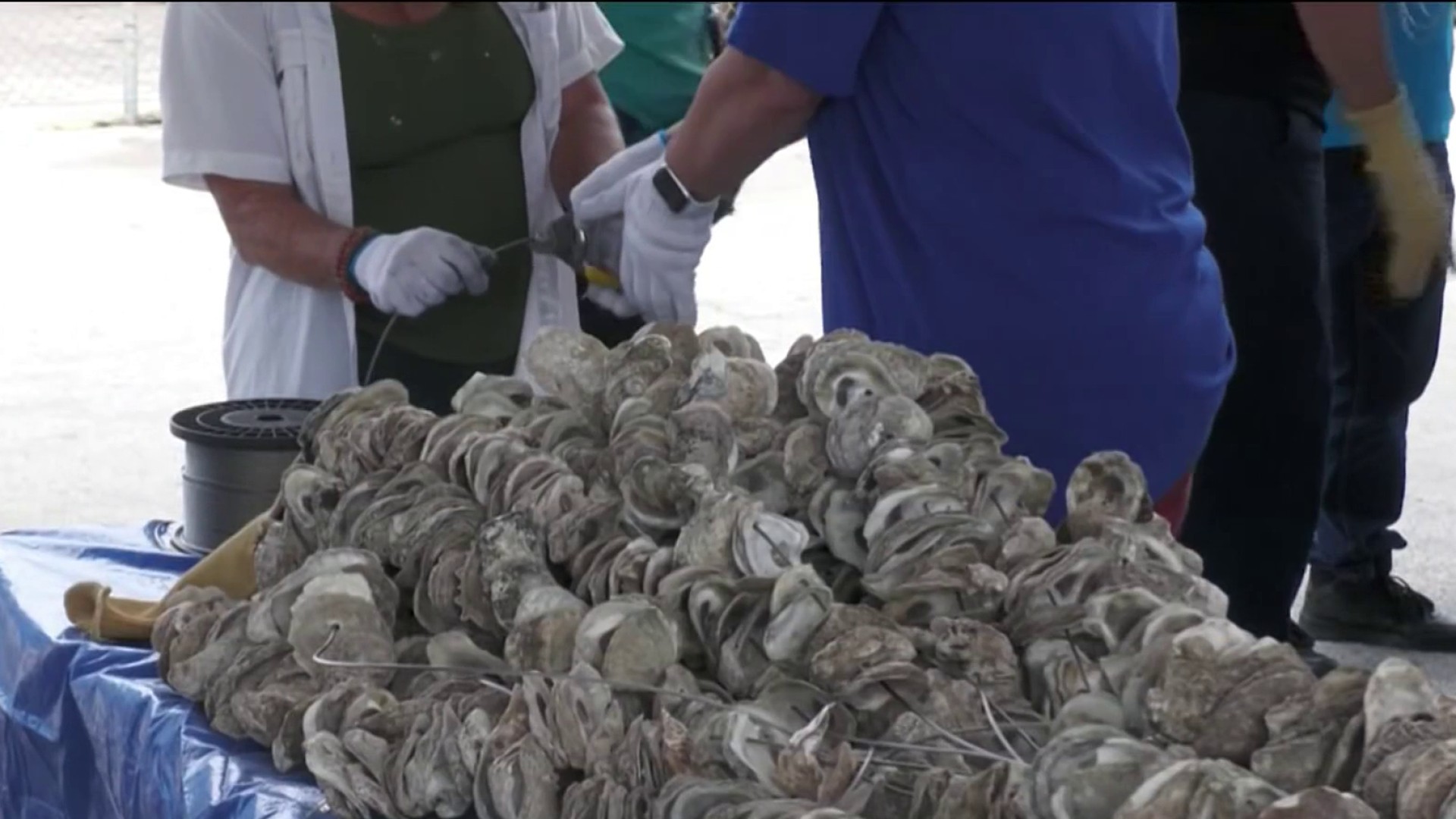Florida lawmakers and legislative staffers cannot be forced to testify in court about most matters related to their official duties, a state appellate court ruled Thursday in a precedent-setting case that quashed a pair of subpoenas.
A three-judge panel of the 1st District Court of Appeal unanimously ruled that common law provides for what's known as "legislative privilege." The opinion also concludes immunity from forced testimony is implicit in the Florida Constitution through its requirement for the separation of powers between branches of government.
"Although there is no judicial precedent in Florida for legislative immunity, there is no reason why we should not now recognize that it exists," District Judge Philip Padovano wrote for the court.
The ruling says the Legislature's constitutional power "would be severely compromised if legislators were required to appear in court to explain why they voted a particular way or to describe their process of gathering information on a bill."
Florida is the only state that doesn't have a specific law granting lawmakers immunity from testifying, but it does have a statute that adopts English common laws unless they're inconsistent with state and federal laws and constitutions.
Padovano also noted Florida law gives legislators immunity from being sued for actions they take as part of their legislative duties. He wrote that it's only logical, therefore, to have similar immunity from testifying.
The decision quashes subpoenas issued by a Tallahassee trial judge to Rep. Rick Kriseman and his aide, David Flintom. Those were in relation to a pair of lawsuits by online firms that book lodgings over tourist development taxes assessed by Broward and Osceola counties.
Local
Kriseman, D-St. Petersburg, said he was pleased but not surprised by the ruling.
"I've thought all along the only reason they subpoenaed me was to harass or intimidate me," Kriseman said.
Expedia Inc. wanted Kriseman and Flintom to testify about how they obtained confidential documents. Kriseman used them to oppose legislation that would have made changes in the disputed tax law, which would have been favorable to the online companies. The bill did not pass.
Expedia lawyer Mark Holcomb declined comment.
The privilege applies to staffers, too, because it would be subverted if an aide could be forced to disclose information a lawmaker can keep private, Padovano wrote.
The court's opinion closely resembles legislation proposed in reaction to the subpoenas. House Speaker Dean Cannon, R-Winter Park, and Rules Committee Chairman Gary Aubuchon, R-Cape Coral, blocked the measure, though, after Senate President-designate Don Gaetz, R-Niceville, opposed it.
Gaetz, who also chairs the Senate Reapportionment Committee, said he was afraid the legislation would be misconstrued as an attempt to hamper legal challenges to the Republican-controlled Legislature's redistricting plans as alleged by Kriseman and other Democrats.
The appellate court ruling accomplishes much the same thing, but Padovano noted legislative privilege is not absolute.
Legislative privilege couldn't be used to withhold evidence of a crime. Courts also would have to determine if specific information is covered by the privilege and if the need for lawmakers' privacy "is outweighed by a more important governmental interest."
Kriseman said that could include testifying about redistricting. He pointed out the Florida Constitution prohibits drawing districts to intentionally favor incumbents or political parties. Lawmaker testimony would be one way to determine such intent, Kriseman said.
Gaetz said the ruling confirms that the House legislation was unnecessary and would have been excessive.
"When you try to give broad immunity to legislators about everything that's a bridge too far," he said.
The internal Expedia documents that Kriseman obtained are within the scope of the privilege, the appellate court ruled.
"Gathering information pertaining to potential legislation and sharing it with colleagues is an essential part of the legislative process," Padovano wrote.
The Expedia documents initially were part of a Georgia court case. Although confidential, they were disclosed to opposing lawyers. A lawyer for Broward County came into possession of the documents and passed them on to Kriseman. Expedia, though, wanted Kriseman and his aide to confirm the material did not come from the company. Padovano called that a "curious question" because all parties have acknowledged he got them from Broward's lawyer.
The appellate court opinion comes nearly two months after a federal judge in Tallahassee ruled four Republican lawmakers couldn't be forced to testify in a case challenging a provision of Florida's new election law that has curtailed voter registration drives.
U.S. District Judge Robert Hinkle, though, limited his ruling to federal courts.
Judges James Wolf and Simone Marstiller concurred in the opinion.
The case is The Florida House of Representatives v. Expedia Inc., case no. 1D11-6545



